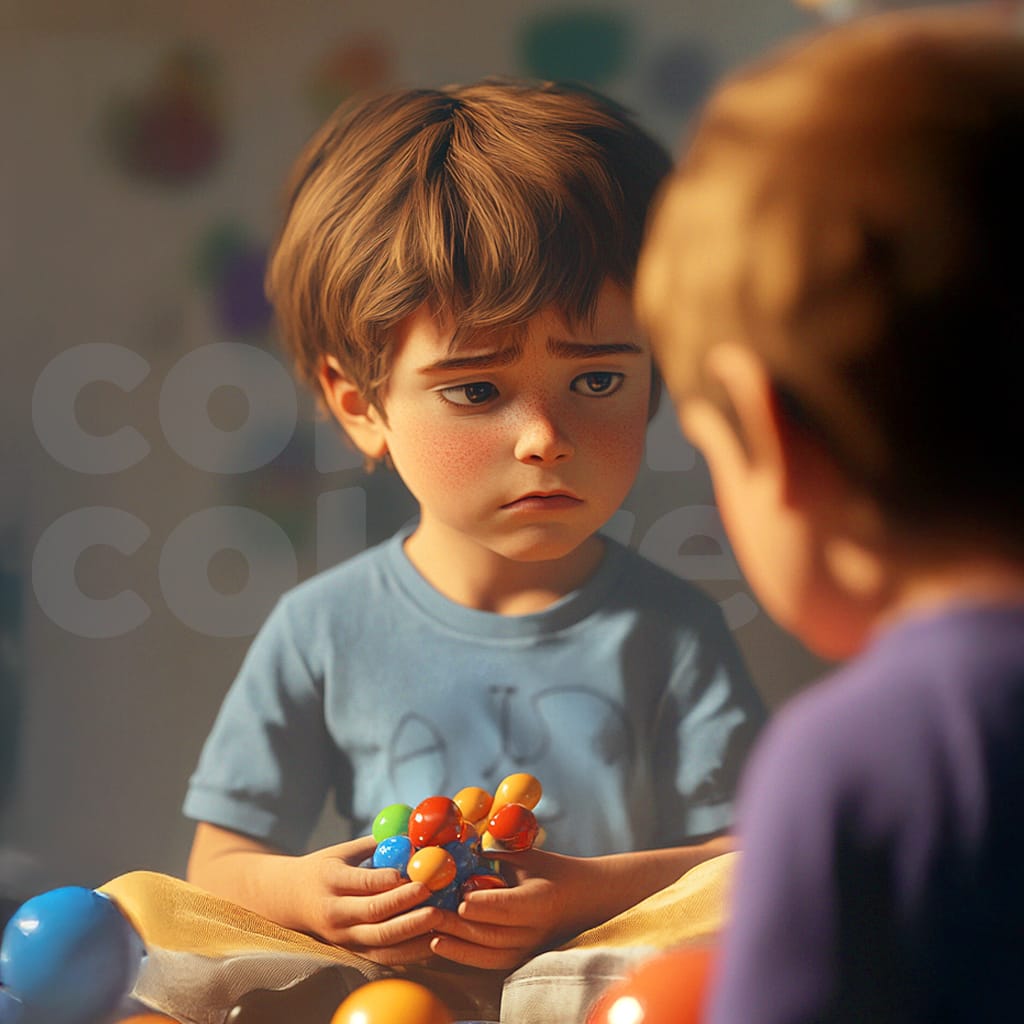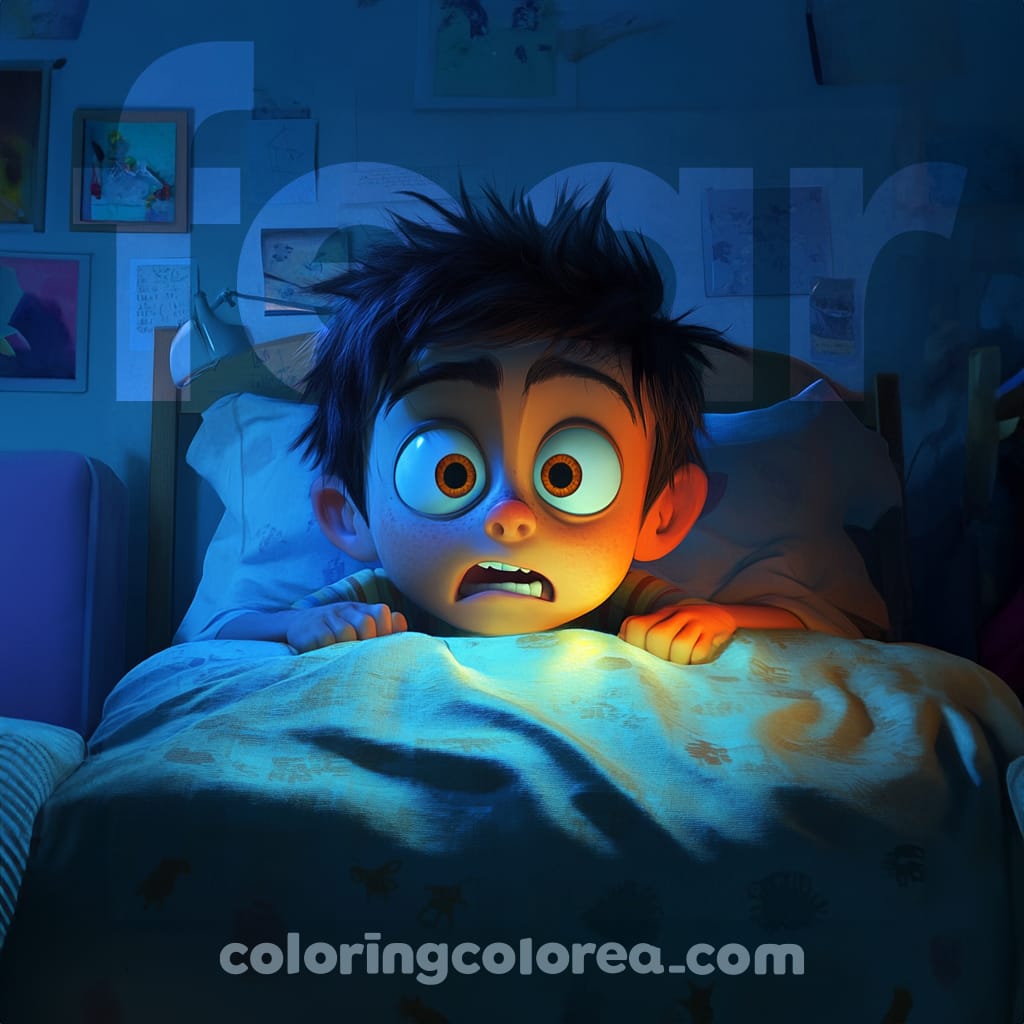Bullying is a serious problem in ALL schools. For some children, being bullied by their peers can lead to severe consequences, including low self-esteem, depression, anxiety about attending school, and even suicidal thoughts.
Bullying is neither a normal behaviour nor part of growing up, so take it seriously! Don’t wait for bullying to happen before discussing it.
It’s not uncommon for children to find it difficult to talk about bullying, as they may feel embarrassed or scared about what could happen if they speak up. Your child might tell you they feel unwell, avoid social interactions, behave anxiously when going to school, or show unexplained bruises.
If you decide to ask your child if they are being bullied, don’t be surprised if they are not honest at first. Think about the best way to approach the conversation. If you feel your child is not ready to talk, reassure them by letting them know you will stand by them no matter what. It’s also important to make it clear that you won’t take any action without discussing it with them first. This way, your child will feel safe and know they can trust you.
What is bullying?
Bullying is deliberately hurting someone who cannot defend themselves, usually making them feel bad. In many cases, it continues over some time.
It can include physical fights, threats, insults, teasing, or excluding someone from a group or activity.
Bullying can happen face-to-face or through the internet, mobile phones, or similar devices (for example, by sending hurtful SMS messages, or emails, or sharing offensive images or videos).
Bullies can act alone or in groups.
Some children may not start a bullying incident, but they might join in later or encourage the behaviour. This still counts as bullying.
Bullying often goes unnoticed by adults.
It is important to emphasize that bullying is not the same as rough play, personal conflicts, disagreements, dislikes, or random acts of aggression or meanness.
Why do children bully others?
Children bully for many reasons. Sometimes, they target another child because they need a weaker victim to feel important and popular. While some bullies are bigger or stronger than their victims, this is not always the case.
In some situations, children torment others because that is how they have been treated. They might think their behaviour is normal because they come from environments where shouting and insults are common. Bullies are often unaware of the seriousness of their actions and may not show remorse or regret.
Some TV shows—even children’s series and cartoons—seem to encourage cruelty, where people are “eliminated,” excluded or ridiculed for their appearance or lack of talent.
Stay calm

Talk to your children about what they believe is good and bad behaviour at school, in the community, and online. Open communication is important so that your children feel comfortable telling you what’s happening in their lives.
If you suspect your child is being bullied but they are reluctant to open up, look for ways to introduce the topic. The first 15 minutes after your child leaves school are crucial. Always ask how their day went, show interest in what they learned, or ask who they played with. Create informal and curious conversations. Listen. Show them that you trust them. Ask open-ended questions about their day or activities like: “What was the most fun thing that happened today?” “What was the best and worst thing you learned today?” “What have you learned about a friend this week?” “What would you change about today?”
Use situations from cartoons or TV series as opportunities to ask, “What would you do in that situation?” or “Have you ever seen something like that happen?”
Your child mustn’t see you displaying similar behaviours to their bully. Try to remain calm. Listen, acknowledge what they are saying, and take time to think before acting. You know your child better than anyone, so trust your instincts to find the best approach. If your child is not ready to talk, take small steps and reassure them that you’re there and ready to help, no matter what.
How do I know if my child is being bullied?
Signs to watch for:
- Unexplained physical marks like bruises, scratches, or injuries.
- Fear of going to school, attending trips, parties, or other social events where they may not feel safe.
- Anxiety, nervousness, or being unusually alert.
- Few friends, or a sudden loss of friends.
- Declining academic performance.
- Staying close to adults.
- Trouble sleeping or having nightmares.
- Becoming unusually secretive, especially regarding online activities.
- Aggressive behaviour or sudden outbursts of anger.
- Complaints of headaches, stomachaches, or other physical ailments.
- Avoiding school or calls from school requesting that they be picked up.
- Any other strange or out-of-character behaviour.
If you know your child is being bullied, there are several steps you can take to help:
Listen to your child openly and calmly. Focus on making them feel heard and supported, rather than trying to find the cause of the bullying or solve the problem immediately. Make sure they understand it is not their fault.
Tell your child you believe them, that you are glad they told you, and that you will do everything you can to find help.
Talk to the teachers and school officials. You and your child do not have to face the bullying alone. Schools should have an anti-bullying policy, which can address both in-person and online bullying.
Be a source of support. For your child, having a parent who stands by them unconditionally is essential to coping with the effects of bullying. Make sure they know they can talk to you at any time and reassure them that things will get better.




